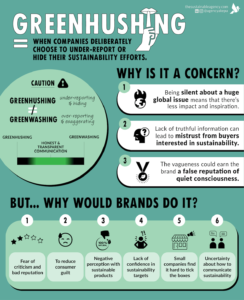EPR stands for Enhanced Producer Responsibility. GreenBiz has rightfully pointed out that the food industry is embroiled in a reporting transition where the food products we see at retail will be tagged to indicate how they result in food waste. The idea is that producers should have full responsibility for the journey of their food and its packaging from beginning to end.
This makes sense on some level of course. If you make the mess, you should clean it up. But it fails to ask and answer the question about why the mess was made in the first place.
By analogy, if you play paintball and mess up public property, you should be the one to clean it up. But the bigger question is whether you should be allowed to play paintball on public property in the first place. Shouldn’t people be restricted to playing paintball in places designed for that?
Just as an aside … I hate paintball, but know others love it, so far be it from me to suggest you shouldn’t play. But I have every right for you to follow the rules and not expect others or society to clean it up.
So, what is ECR? I changed the word Producer to the word Consumer. After all, might we be better off pushing consumers to move away from convenience foods and take more responsibility to eat fresh produce?
I know … wouldn’t this hurt jobs and the economy? Sure, but these products are not good for society in the first place. In some ways they are no different than the production of cigarettes. Yes, I do know it is not at that level of health harm, but the point is they are NOT good for us. They just taste good.
Isn’t it clear now that our societies’ problems are being made worse by the salt in prepared foods? Yes, we are now more interested in composting and returning to a more sustainable food cycle. We all want tomatoes that taste like tomatoes and enjoy picking those pea pods as snacks? However, we have now become a society focused on convenience rather than responsibility. We want the privilege to eat whatever we want.
We also seem to prize and are willing to pay more for organic foods, trusting our suppliers to be honest that they are indeed produced that way.
Please realize then that big business is once again using all this as a side show … if you failed to catch that prior blog, here is the link to it: https://captain-obvious.com/the-side-show/




